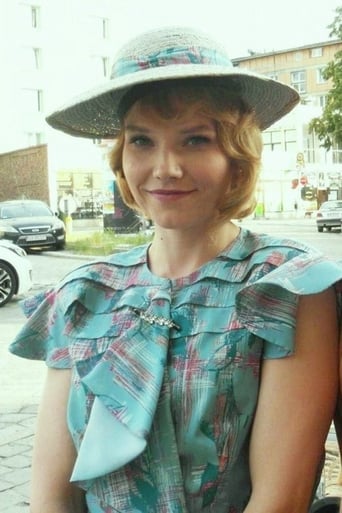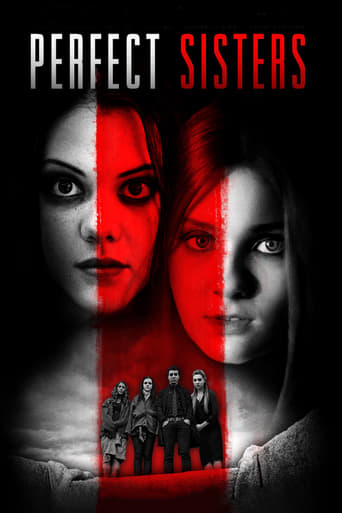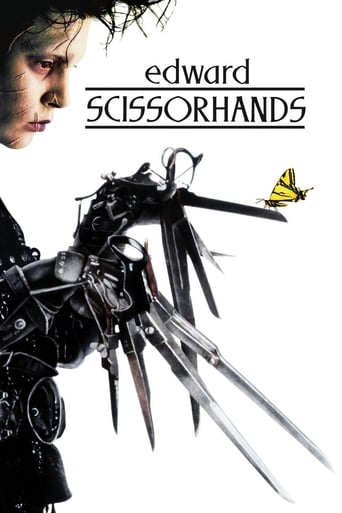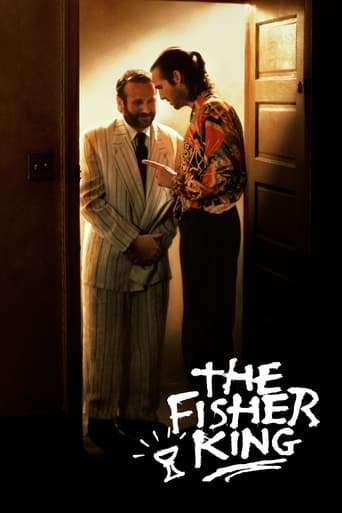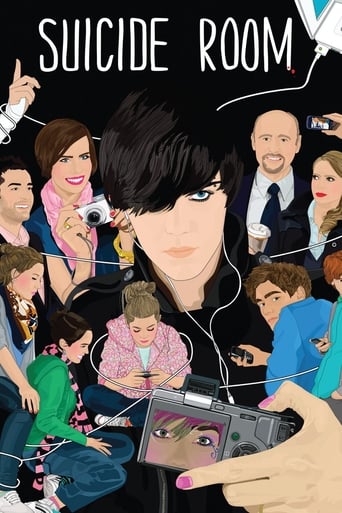
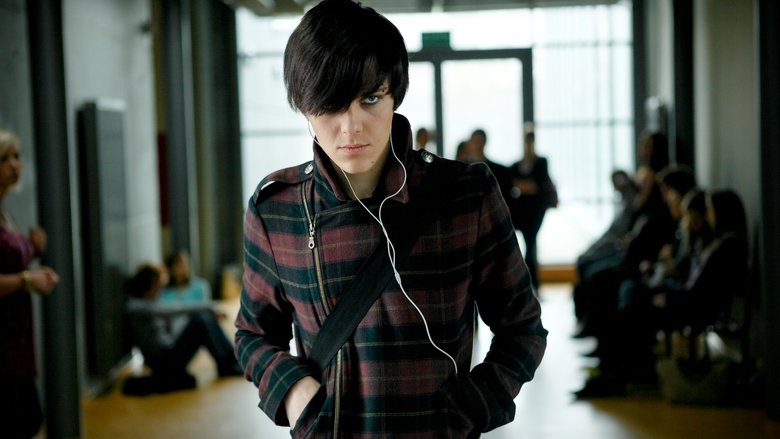
Suicide Room (2011)
After enduring extreme humiliation at school, Polish teen Dominik holes himself up in his room and begins spending all his time in a virtual reality chat room.
Watch Trailer
Cast


Similar titles
Reviews
Sorry, this movie sucks
It is not deep, but it is fun to watch. It does have a bit more of an edge to it than other similar films.
It's a good bad... and worth a popcorn matinée. While it's easy to lament what could have been...
A clunky actioner with a handful of cool moments.
The film begins very light heartedly with an "average everyday life" of a teenage boy named Dominik. He's emotional, sensitive and just wants someone to understand him. Even though he tends to overreact to certain things and kind of falls into the stereotypical "angsty emo teenager", I found him very easy to relate to in (almost) every situation. The other characters are also great, every one of them is portrayed enough to give us the needed atmosphere for this touching story. The ending is the only part of this film that didn't go the way I thought it would, and it still fitted the story perfectly. All in all, I recommend Suicide Room to everyone. It might bring you back to those days when you felt like everything in your life was awful, or it might give you a different perspective of things. Either way, it's worth a watch.
As a regular movie surfer and watcher i was surprised when i came across this sort of movie since i don't usually hear or see them.This movie has captured the soul of some people and what it means to go through depression, I myself struggled with it yes but i never became so deep in it. As the movie progressed i found it amazing and stunning just how the writer and director of this movie created a master piece if i can say so myself.I found myself so deep into this movie it was really unreal, also i could enjoy it at it's most since my first language is polish and second English both in which i'm fluent in.This movie just tapped right into my emotions and expressing such similarity it brought me to tears in my opinion movies as this should be more acknowledged and more movies representing struggles as such should be created more often and known wide world
This is a very slickly produced, very pretentious, heavy-handed and plodding movie that presumes to be about teen suicide... or something - I'm really not sure what it was supposed to be. Maybe you have to be heavily into video games and Japanese cartoons - or a suicidal teenager - to appreciate it. All the technological glitz to me was just a huge, actually an insurmountable distraction. I tried to pick out what was happening to Dominik through all that crap, but it was hard work.Evidently he was a rich, spoiled, whiny, self-centered baby in a man's body, throwing fits in public whenever he felt put upon. That's what most of us are like at that age: some get over it and grow up, some get older but never grow up, and evidently some go off into a weird techno-nightmare and either stay there or kill themselves.The movie has a note at the beginning giving a hotline number for suicidal teens to call - if this movie brings comfort to any suffering kids, thank God for it; but as a movie, as entertainment, it's a plodding, heavy, glitzy, pretentious failure.
Dominik has it all: a wealthy family, good looks, intelligence and a bright and promising future ahead of him. But why does he feel like he's losing his grip on all of it? Popularity seems to elude him, and although a few girls still want to dance with him in parties, he's slowly succumbing to shyness, struggling against minor aggressions from other students, against the seemingly harmless mockery of his peers.Adolescence is always difficult, hormonal changes and new feelings can destabilize anyone. Dominik finds himself exscinded, adrift between two possibilities: What does it mean to be manly? And what does it entail to act effeminately? Gender roles are not unwavering, as they change and evolve through times, through the actions of the people. Gendered behaviors are unnatural: the way in which we learn the performance of gender roles (what we commonly associate with femininity and masculinity) is an act of sorts, a performance, one that is imposed upon us by normative heterosexuality. We are like actors in a stage, trying to persuade others that we are either men or women: we do not follow our natural tendencies but rather the dictates of society.Everything in Dominik's life pertains to the norm; even his parents are ruled by it: they are like slaves following the orders of the marketing industry, in the case of the mother, and the government, in the case of the father. Yes, they have made a fortune, but in order to do so they have obeyed norms for so long that they can no longer feel free. It's this slavery that forces them to assume the heterosexual normativity to the extreme and have sex with anonymous lovers. They need a member of the opposite sex to enforce their roles as productive and successful heterosexual individuals.And that's what's expected of their son. And that's why he cannot reconcile his existential doubts with the demands of adulthood. In her book about Performativity, theorist Judith Butler asks herself to what extent our acts are determined for us, rather by our place within language and convention. For Butler, identity is an illusion retroactively created by our performances. She defines identity as "a compelling illusion, an object of belief" (not unlike Dominik's interpretation of Hamlet). Perhaps in past decades this was harder to understand, but now let's think about the internet and online communities in which we can recreate and reinvent ourselves. That's what Dominik finds in the "Suicide Room", a virtual environment, a rendezvous point for a group of strangers that rely on 'avatars' and online interaction.Although slightly insecure, Dominik is first presented as a 'normal' boy. Nevertheless, everything changes after a party in which two girls kiss each other and then challenge him to do the same with his friend Aleksander. The girls are not lesbians but they are subverting the foundations of heterosexual normativity. In the same way, the two boys kiss each other and personify for a few seconds the abject, id est, the homosexual condition. In order to have a heterosexual normativity there must be something that opposes to it.At the beginning, it would seem like this innocent kiss doesn't disturb anyone. Dominik's friends upload the kiss on YouTube but there are no hard reactions, no negative consequences. It's like a simple, childish joke. That is, until Dominik is wrestling with Aleksander during their judo lessons. Aleksander holds him down, and rubs his body against Dominik, this becomes so arousing for the teenager that he can't help but to ejaculate right there. Aleksander starts laughing about it and Dominik leaves the room instantly, completely humiliated and embarrassed.Aleksander, maliciously, tells everyone about the "semen incident" on Facebook, and the entire school starts laughing at Dominik. The boy is now under a lot of pressure and he cannot cope with it. That's when he finds a safe haven in the "Suicide Room". Let's remember that gender is completely a social construction, a fiction, and therefore open to change and contestation. In a way, this suicidal group is defying every convention; not only are they attempting to end their lives, but they are also computer generated images that have created an entire world online. This idea of identity as free-floating, as not attached to an 'essence', but instead to a performance, is part of the queer theory. And it's also fundamental in order to comprehend Jan Komasa's remarkable film. In the "Suicide Room" there is a Queen and warriors, and soon Dominik becomes a member of this club. Everyone here has, indeed, a floating, virtual identity. And gender rules don't really apply, as the Queen and Dominik have an intense friendship that can never turn into physical love.Just as it happened in the opening frames of the film, there are two parallel sequences: the ones in the real world, and the ones in this non-existent place created thanks to the internet. When Dominik tells his parents that he might be gay, they adamantly refuse to give credit to such possibility. As it has been established, they're so deeply embroiled in the heterosexual normativity that no other alternative can be valid for them. By illustrating the artificial, conventional, and historical nature of gender construction, Butler critiques the assumptions of normative heterosexuality: those punitive rules (social, familial, and legal) that force us to conform to hegemonic, heterosexual standards for identity.Unable to ascribe to predetermined gender roles, Dominik is now a tortured and fragile soul, vulnerable to the influence of this mysterious girl that acts like the Queen of the Suicide Room. But she along with her subjects are no more than phantasmatic projections devoid of any 'realness' or any sexual attributes for that matter. None of this matters to Dominik, who becomes more and more invested in this virtual world, neglecting reality and becoming completely isolated. A true masterpiece from Poland.



